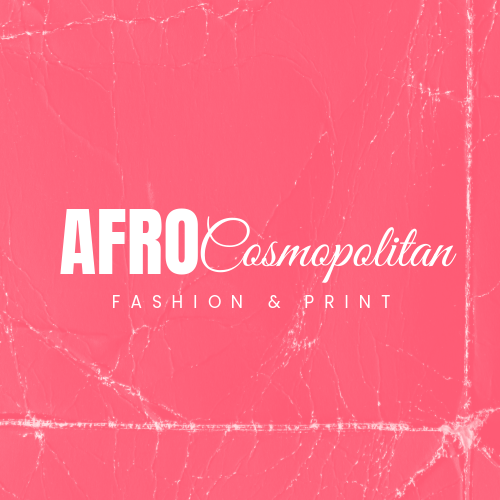
AS YOU DRIVE SOUTH from the Nigerian mainland toward the knot of islands at the historic core of the port city of Lagos, it’s difficult to single out just one yellow danfo bus amid the reliably heavy traffic, one street merchant among the stream of vendors hawking peanuts, soda, electronics and home goods. Almost every square inch of this megacity appears worked over by one of its 15 million residents (or 17 million, or 19 million, depending on which official estimate you believe), creating a panorama of jostling life set against a low gray sky.
Though it is still under construction, a building of imposing scale on Victoria Island’s Akin Olugbade Street already stands out from the rest of the city. Its peculiar boxy shape and imported design flourishes convey a level of access to resources and long-term planning that’s rare in Lagos, where many of the residents improvise a daily living. When the structure is completed later this year, a glass facade—covered with intricate metalwork inspired by traditional Yoruban adire textiles—will allow passersby to glimpse what’s inside: a retail space extending upward in levels, like a giant stairwell within a tall display case. The three-story frame is the color of Nigeria’s red soil and cut through with geometric patterns fretted with scores of twinkling lights. Even the ceiling will sparkle.
ALSO SEE: Top 15 Trendy Ankara Long Gowns.
On a typically humid 90-degree day, Reni Folawiyo is touring the site in a voluminous printed-silk skirt, open-toe sandals and a yellow hard hat, as massive slabs of concrete dangle from cranes above. Folawiyo is the founder and CEO of the luxury concept store that will open here, which she named Alara—”wondrous performer” in Yoruba. It will stock both Western brands and pan-African design. “I felt that we needed something iconic that would change our city, change the way we see ourselves and also change the way the world sees us,” says Folawiyo, who turns 50 next year. She and the building’s designer—the internationally recognized Ghanaian-British architect David Adjaye, whose design for the National Museum of African American History and Culture on the Mall in Washington, D.C., broke ground in 2012—imagined Alara as a multiphase project. It will eventually include two adjacent buildings, a restaurant and a landscaped garden that Folawiyo hopes will grow tangled in the equatorial sun, “busy and buzzing, like Central Lagos,” she says. Adjaye envisions a shaded space that will catch the breeze and create “a very nice microclimate.”
The shop’s offerings will include a mix of fashion, design and art, in the manner of Milan’s 10 Corso Como, Paris’s Colette and London’s Dover Street Market—emporiums with sharply editorialised points of view. An area for menswear will be panelled in wenge wood. A glass-enclosed cubicle will display accessories. A terrace on the roof will double as an event space, while the first-floor will showcase design. Small movable stairways will allow the space to be reconfigured for exhibitions and to accommodate new products. Adjaye designed the large, open-plan interior with references to Nigerian architecture—” architecture that was not destroyed in the colonial period,” he says.
Read the full article on the Wall Street Journal website where this piece was culled from.









 Little Divas in Ankara: The Cutest Styles for Every Occasion
Little Divas in Ankara: The Cutest Styles for Every Occasion 





